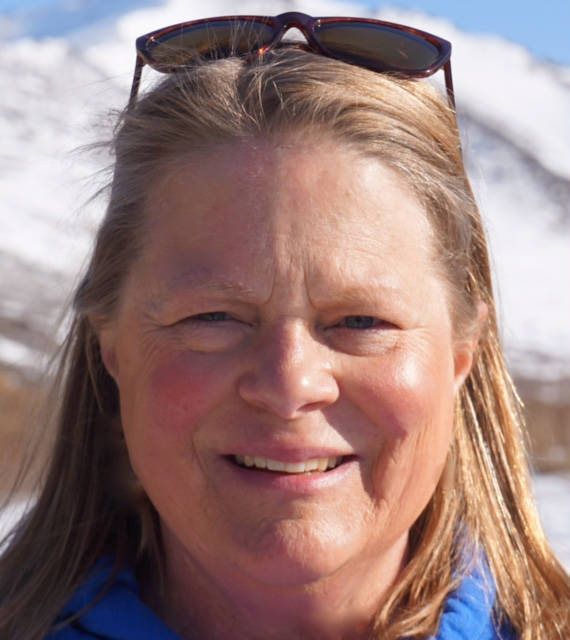In 1972, at the age of 17, I took the biggest risk of my life and went to live in Finland as an AFS foreign exchange student. It was the best and most difficult year of my life. I wanted to be an AFS student so I could experience new things, learn about a new culture, but never did I imagine the effect it would have on me. The friendships have been life-long.
I recently had the experience of having my Finnish host sister visit me here in Alaska — I lived with her 47 years ago. The experience of living in Finland was so powerful that afterwards I wanted to help others be able to have similar experiences. Both of my daughters were AFS students — to Norway and Chile. Our oldest daughter — who struggled in the beginning of her year — told me when she came home that living in Norway was “the greatest gift I could have given her.”
After decades of volunteering for AFS, I have learned the power of a cross-cultural exchange program, not only for those who are exchange students, but also for those who host or are friends with an exchange student. Once you have known someone from another country, you think about that country differently when you read about it or see it in the news.
Homer is filled with stories about AFS students. One woman told me how her daughters were affected by watching the news with an Egyptian student about the Egyptian Arab Spring uprising in 2011. Her daughters were friends with this student and the effect was powerful. Lyn Maslow recently talked to me about how hosting affected her. The year was challenging and wonderful, but after the year was over, there is a friendship that continues. It’s not just about the one year. As I watched Lyn’s excitement when talking about a trip to Chile to see her AFS exchange student, I was reminded why I volunteer for AFS.
I have learned that every time we get to know someone from another country, we are promoting peace in the world. It’s pretty hard to want to go to war with a country when you have friends in that country, which is why AFS was formed. AFS Intercultural Programs began as the American Field Service, which had its origins in 1914 after the outbreak of World War I, when young Americans living in Paris volunteered as ambulance drivers.
Having witnessed both the devastation and brutality of those wars, Stephen Galatti, the Director of the American Field Service Ambulance Corps, challenged his fellow ambulance drivers to focus their post-war efforts on peace-building. His vision was to educate a new generation of enlightened world leaders by bringing high school students from countries formerly at war with the United States to live and study in the US in an effort to promote world peace, to make sure a world war like he had just experienced never occurred again. I think of my Finnish host parents who experienced war and how they embraced me. The lesson remains with me.
During my year in Finland I was faced with challenges every day, but through them I learned to understand why people think or do things the way they do, to be more accepting, compassionate, and empathetic. I learned to accept that some things in other cultures are not better or worse — they are just different. There is no right way. Ultimately, peace is created as we reach an understanding of different beliefs and values. We learn to pass peace forward.
We can strengthen our community through hosting AFS international students. We can, one person at a time, make our world a more peaceful place. We need intercultural understanding in today’s world, now more than ever.
Ready to help pass peace forward by volunteering, hosting, or going abroad? Contact Helen Armstrong at helenarmstrong54@gmail.com. #passpeaceforward #afsusa #afseffect
Helen Armstrong is a retired cultural anthropologist who after 35 years in Anchorage chose to make Homer her home and to be a part of the Homer community. She is currently the Alaska AFS Area Team Chair and is developing a new AFS volunteer group in Homer. The stories about how AFS has changed lives keeps her going. She is the sister of Homer News editor Michael Armstrong.
Pay it Forward and the nonprofit needs is a monthly column coordinated by the Homer Foundation about how philanthropy and nonprofits help build communities.


